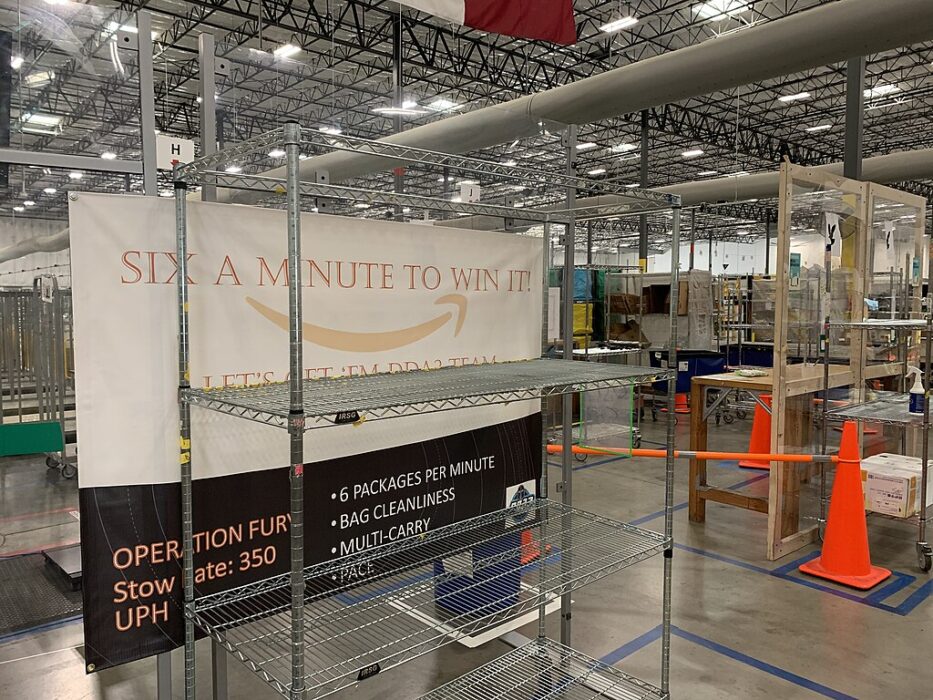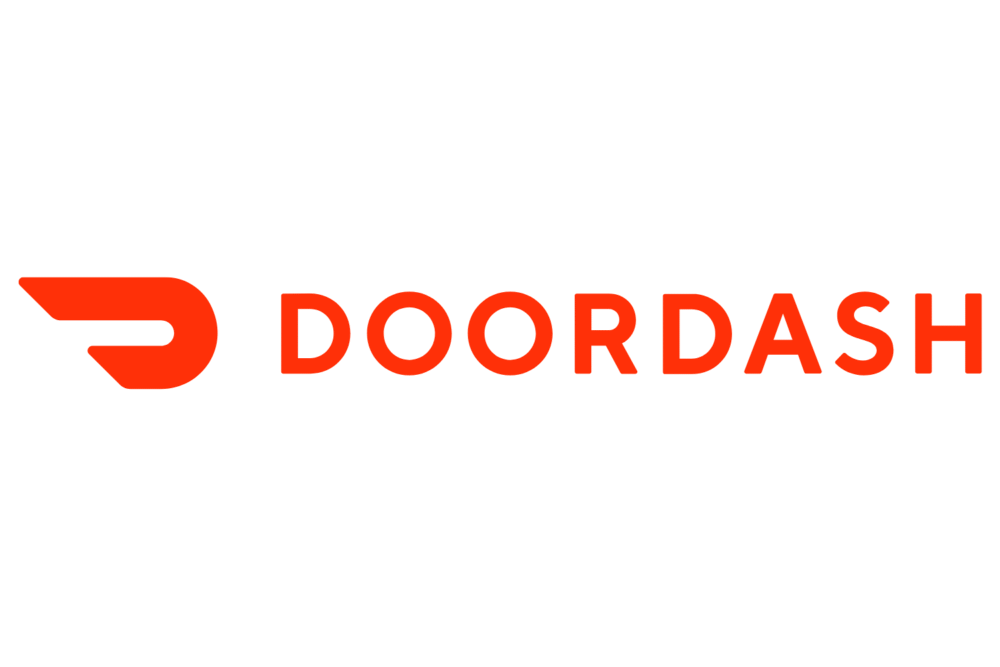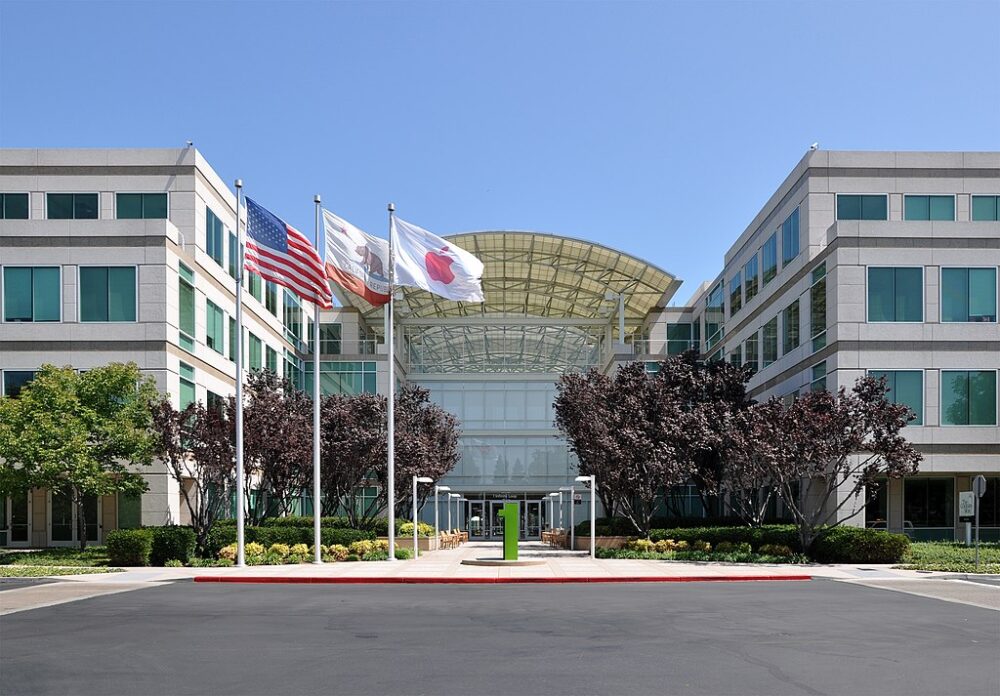They’ve had enough of silence, exploitation, and fake ethics—and they’re walking away with their wallets.

Gen Z is watching—and not in the passive, scrolling-through-ads kind of way. They’re tracking receipts, screenshots, and behind-the-scenes labor violations, and they’re not afraid to cancel billion-dollar brands when ethics don’t match the PR. This generation grew up in a world of protests, union resurgences, and rising cost-of-living pressures, so when a company mistreats its workers or hides behind corporate jargon, Gen Z takes note—and often takes action.
Boycotts aren’t about virtue-signaling to them. It’s a power move. It’s a collective pushback against exploitation disguised as “hustle culture” or “family values.” Gen Z sees through that. They’re prioritizing brands that treat workers with dignity, pay living wages, and walk the talk when it comes to equity and transparency. These are twelve corporations that Gen Z has begun turning away from—loudly, and with purpose.
1. Amazon’s warehouse practices are fueling outrage and refusal.

The speed, convenience, and selection Amazon offers are undeniable—but Gen Z isn’t willing to overlook how it gets there. The reports of brutal warehouse quotas, limited breaks, and surveillance-level oversight have drawn sharp criticism. Documentaries, TikToks, and employee interviews paint a picture of a work environment that values output over humanity, according to the authors at Fast Company.
Younger consumers are pushing back by supporting local businesses, buying secondhand, and opting out of Prime memberships. They’re also amplifying union efforts and using social media to spread awareness. For Gen Z, convenience isn’t worth complicity, and they’re not afraid to shop their values—even if it means waiting a few extra days for shipping.
2. Starbucks’ anti-union efforts are getting them blacklisted.

Once seen as a progressive darling, Starbucks has taken a major PR hit in Gen Z’s eyes. As baristas across the country began organizing for better pay, scheduling, and treatment, corporate responded with what many saw as union-busting tactics—closing stores, intimidating workers, and dragging out negotiations, as reported by Steven Greenhouse at The Guardian.
That didn’t sit well with a generation that’s increasingly pro-labor. Starbucks’ image as a cozy, friendly third space has been replaced by skepticism and disappointment. Gen Z is choosing independent coffee shops or brewing at home, and the green mermaid logo doesn’t feel nearly as welcoming as it used to.
3. Shein’s fast fashion model is being called out for exploitation.

Shein blew up with trend-chasing fashion lovers and bargain hunters—but once Gen Z started digging into its supply chain, the shine wore off. Reports of exhausting hours, poor pay, and questionable sourcing hit social media, and young consumers responded by dragging the brand hard, as stated by the authors at Time.com.
Many now see Shein as the symbol of everything wrong with fast fashion: unethical production, environmental waste, and superficial quality. Influencers who once unboxed Shein hauls are switching to thrifted fits and sustainable brands. Gen Z may love style, but not at the cost of human dignity.
4. Walmart’s labor history keeps resurfacing with every new scandal.

Walmart has long been criticized for low wages, poor benefits, and resistance to unionization. Those issues are nothing new—but Gen Z has a different kind of memory. They see headlines about schedule instability, underpaid workers, and retaliation against organizing efforts, and they don’t just shrug it off.
The boycott isn’t universal, but there’s a growing chorus of Gen Z shoppers avoiding Walmart when possible. They’re more likely to support smaller grocers, co-ops, or brands that center transparency and worker welfare. For them, low prices don’t justify unfair treatment behind the scenes.
5. Uber’s gig economy model is facing a Gen Z reckoning.

Uber revolutionized ridesharing, but it also normalized the idea of gig workers without benefits, job security, or a say in their conditions. Gen Z isn’t buying the “flexibility equals freedom” argument anymore. They see underpaid drivers, algorithmic manipulation, and corporate lobbying as signs of exploitation.
As labor actions increase, Gen Z is deleting the app, speaking out, and using alternatives like unionized taxis, public transportation, or walking. They’re not against innovation—but they believe fairness should be built into the platform, not squeezed out for profits.
6. McDonald’s faces pushback over minimum wage resistance.

Gen Z grew up with Happy Meals, but they’ve gotten older and more skeptical. McDonald’s has resisted raising wages despite raking in billions, and while the company has made gestures toward improvement, many young people still associate it with poverty wages and stagnant advancement.
The “Fight for $15” movement has wide support among younger Americans, and McDonald’s refusal to move faster has turned off many potential customers. Gen Z wants their dollar to reflect their values, not just stretch their budget. For a growing number, that means skipping the golden arches.
7. Tesla’s union suppression and workplace reports raise red flags.

Tesla is a tech-age icon, but Gen Z is more interested in how companies treat people than how futuristic their products look. Elon Musk’s erratic behavior aside, Gen Z has been especially critical of Tesla’s reported resistance to unionization, alleged unsafe working conditions, and racial discrimination lawsuits.
For a generation that prides itself on fairness and accountability, those issues are dealbreakers. Many Gen Z consumers are rooting for electric vehicles—but they’re increasingly leaning toward brands that combine sustainability with ethical labor standards. Tesla’s shine is dimming, and Gen Z isn’t shy about saying so.
8. DoorDash is getting heat for tipping confusion and worker treatment.

Food delivery is a staple of Gen Z life, but many are waking up to how platforms like DoorDash obscure tipping, short-change drivers, and rely on precarious gig work. Viral posts have exposed how customers’ tips sometimes just offset the company’s base pay—leaving drivers no better off.
As awareness spreads, Gen Z users are uninstalling, switching to services with clearer policies, or going old school and picking up takeout themselves. They want convenience, yes—but not if it means someone else gets exploited while they scroll TikTok on the couch.
9. H&M is still under fire despite sustainability pledges.

H&M was one of the first big names to adopt “sustainable” fashion language, but Gen Z isn’t impressed by greenwashing. Reports of labor violations, exploitative overseas factories, and vague commitments have led to skepticism. Add to that constant product churn and questionable quality, and it’s a recipe for backlash.
Gen Z shoppers are increasingly savvy about ethical branding. They’re not easily swayed by buzzwords or limited “conscious” collections. If the workers making the clothes aren’t safe and paid fairly, they’re not interested. Thrifting, upcycling, and supporting smaller, transparent brands feels smarter—and cleaner.
10. Nestlé’s global practices are pushing Gen Z away.

Nestlé has long faced criticism over everything from child labor to water privatization, and Gen Z hasn’t forgotten. The brand’s wide reach doesn’t shield it from scrutiny—young consumers have called out its track record in cocoa production, environmental impact, and ethical sourcing.
Even products under Nestlé’s umbrella, like bottled water or candy, are getting second looks. Gen Z is conscious of where its money flows, and if a brand’s ethics feel murky or exploitative, they’re willing to cut ties—even if it means giving up a favorite snack.
11. Nike’s supply chain scrutiny continues to spark backlash.

Nike has tried to rebrand itself as a force for good—supporting athletes, equity, and activism. But its labor practices, especially in overseas factories, continue to haunt its image. Reports of unsafe conditions, underage workers, and low pay still circulate, and Gen Z isn’t looking the other way.
Social justice messaging doesn’t erase labor exploitation, and Gen Z is increasingly vocal about that disconnect. While many still wear the swoosh, there’s growing pressure to hold Nike accountable. Transparency, fair pay, and genuine reform matter more than flashy marketing.
12. Apple’s sleek image can’t hide worker concerns anymore.

Apple products are deeply embedded in Gen Z’s life—but so is the knowledge that the company’s supply chain has serious issues. Reports out of Foxconn factories about long hours, low wages, and troubling conditions have circulated for years. For a generation that values ethics and innovation equally, that’s a problem.
Some Gen Zers are calling for reform rather than boycott, knowing how essential Apple is to their ecosystem. But that doesn’t mean they’re staying silent. They’re demanding more transparency, better treatment of workers, and accountability at every level of production. The shine of that Apple logo isn’t untouchable anymore.
